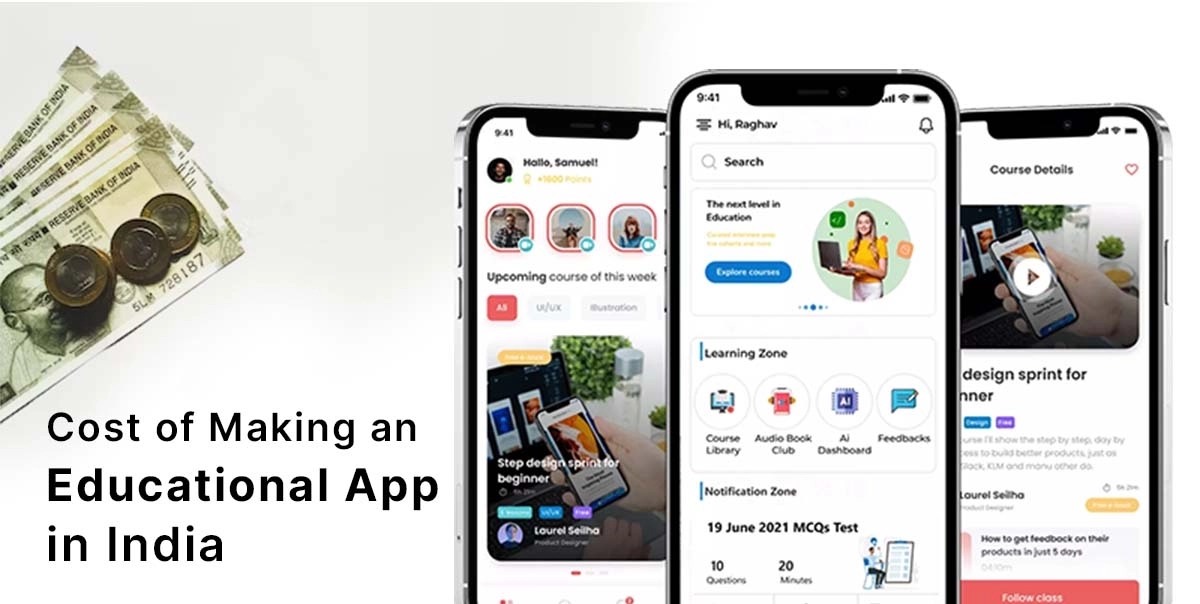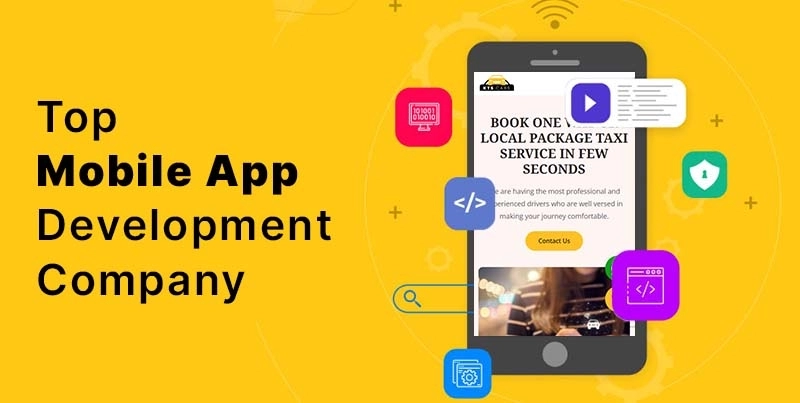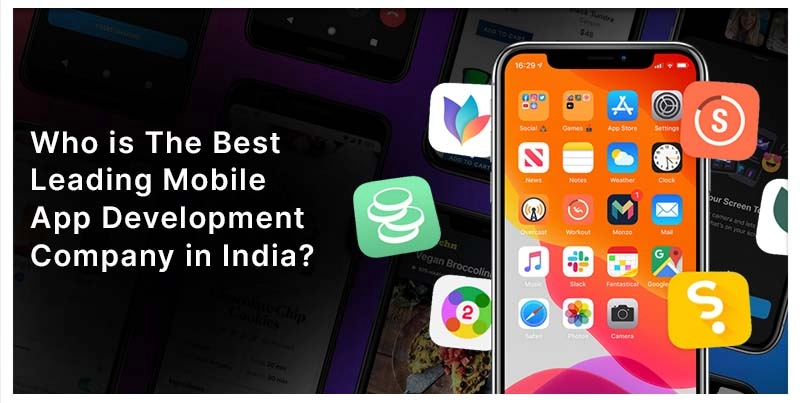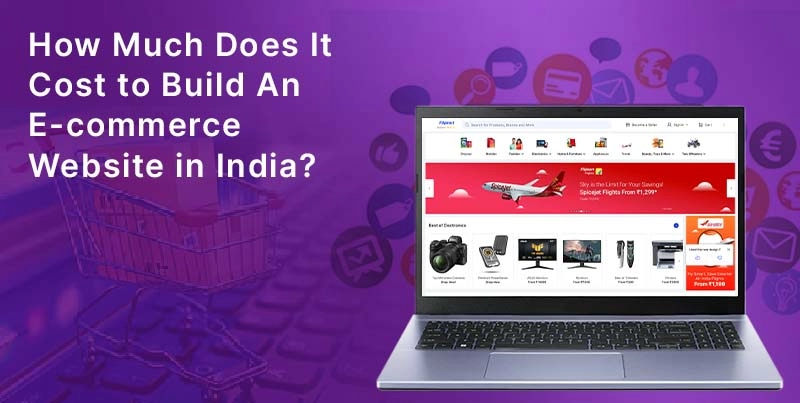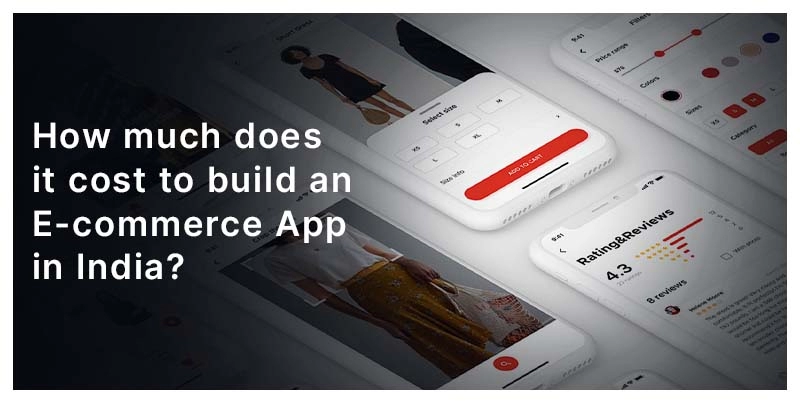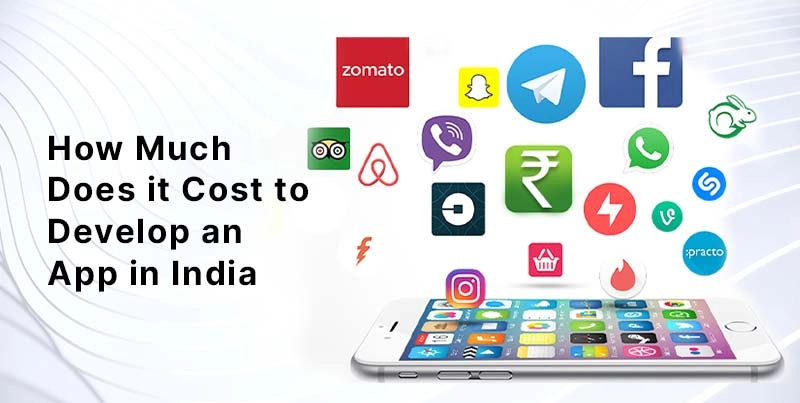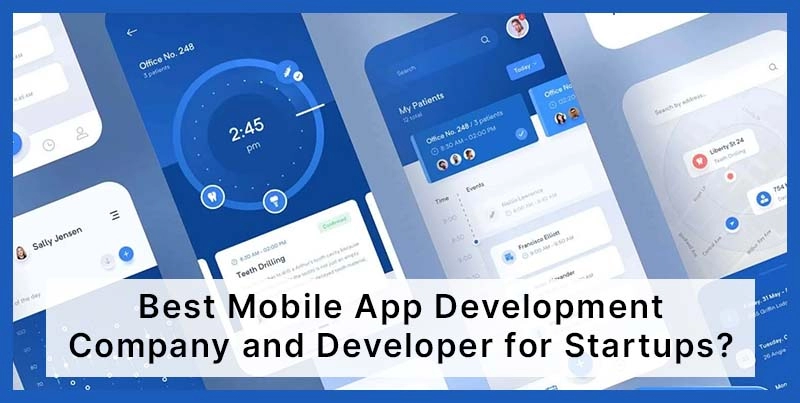Difference between cross-platform and native Android App development
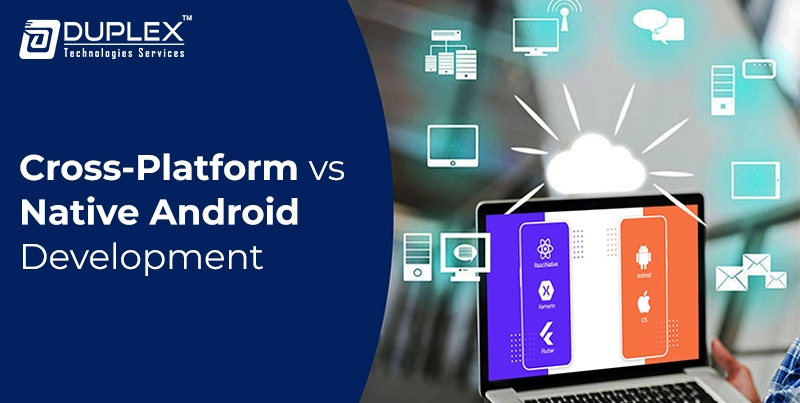
Posted By : Deepank Joshi, Posted Date : Aug 03, 2024
Cross-Platform vs. Native Android App Development
In the rapidly evolving landscape of mobile app development, businesses and developers face a crucial decision when embarking on an Android project: whether to pursue native Android development or opt for a cross-platform approach. This choice can significantly impact the app's performance, development time, cost, and overall user experience. At Duplex Technologies, we understand the importance of making an informed decision that aligns with your project goals and resources.
Native Android development involves creating apps specifically for the Android platform using languages like Java or Kotlin, and the official Android development tools. This approach offers unparalleled performance, full access to device features, and a seamless user experience that adheres to Android design principles. On the other hand, cross-platform development allows for building apps that run on multiple platforms, including Android, using a single codebase. Popular frameworks like React Native, Flutter, or Xamarin enable developers to write code once and deploy it across different operating systems, potentially saving time and resources.
Both approaches have their strengths and trade-offs. Native development excels in performance and platform-specific optimizations but may require more time and specialized skills. Cross-platform development offers faster time-to-market and cost efficiency, especially when targeting multiple platforms, but may face limitations in accessing certain device features or achieving the same level of performance as native apps. As we delve deeper into the comparison, we'll explore how these factors play out in real-world scenarios and how Duplex Technologies can guide you in choosing the right approach for your unique project requirements.
Table of Contents
- What is Cross-Platform App Development?
- What is Native Android App Development?
- A detailed comparison between Cross-Platform and Native Android App Development
- Which is the better option: Cross-Platform and Native Android App Development?
- Development process for Cross-Platform and Native Android App
What is Cross-Platform App Development?
Cross-platform app development is a way to create mobile apps that work on different types of smartphones and tablets using just one set of code. Instead of making separate apps for Android and iPhone, developers use special tools and programming languages to write the app once, and it can run on both systems. This is like writing a story in a language that both English and Spanish speakers can understand, rather than writing it twice in two different languages. It saves time and money because you don't have to make the same app multiple times for different devices. Popular tools for this include React Native and Flutter, which help developers build apps that look and feel similar to native apps on each platform, even though they're made with one shared codebase.
What is Native Android App Development?
Native Android app development is the process of creating applications specifically for Android devices using the official Android development tools and programming languages. Developers typically use Java or Kotlin to write the code, along with the Android Software Development Kit (SDK) and Android Studio as the integrated development environment (IDE). This approach allows for direct access to all of Android's features and APIs, enabling developers to create highly optimized apps that can fully leverage the device's hardware capabilities. Native Android apps usually offer superior performance, a smoother user experience, and better integration with the Android ecosystem. They can easily implement platform-specific design patterns and user interface elements, ensuring the app feels natural and intuitive to Android users. While native development requires more platform-specific expertise, it provides unparalleled control over the app's functionality and appearance on Android devices.
A detailed comparison between Cross-Platform and Native Android App Development
- Performance: Native Android apps generally offer superior performance as they're optimized for the platform. Cross-platform apps may have slight performance lags due to the additional abstraction layer. However, modern cross-platform frameworks have significantly narrowed this gap for many use cases.
- Development Time and Cost: Native Android development typically takes longer and costs more, especially for complex apps. Cross-platform development is usually faster and more cost-effective, particularly when targeting multiple platforms. The time and cost savings in cross-platform development can be significant for businesses with limited resources.
- User Interface and Experience: Native Android apps provide a more authentic look and feel, adhering closely to platform-specific design guidelines. Cross-platform apps can achieve a near-native look, but may sometimes feel slightly off on specific platforms. Recent advancements in cross-platform frameworks have greatly improved UI/UX capabilities, making differences less noticeable.
- Access to Device Features: Native Android development offers full and immediate access to all device features and APIs. Cross-platform frameworks may have limitations or delays in accessing certain device-specific features. While most common features are readily available in cross-platform tools, cutting-edge or highly specific functionalities might require native modules.
- Code Reusability and Maintenance: Native Android development requires separate codebases for different platforms, increasing maintenance efforts. Cross-platform development allows for significant code reuse across platforms, simplifying maintenance. This code sharing in cross-platform development can lead to more consistent behavior across different devices.
- Learning Curve and Developer Availability: Native Android development requires in-depth knowledge of Android-specific technologies and patterns. Cross-platform development often leverages more widely known web technologies, potentially easing the learning curve. Finding skilled native Android developers can be more challenging and expensive compared to cross-platform developers.
Which is the better option: Cross-Platform and Native Android App Development?
Choosing between cross-platform and native Android app development isn't a simple "one is better" decision. It really depends on what you need for your specific app and business. Both options have their strengths, and the best choice varies from project to project.
Native Android development is great if you want the best possible performance and a truly Android-like feel for your app. It's ideal for apps that need to use all of Android's features or for games that require top-notch graphics. On the other hand, cross-platform development shines when you want to release your app quickly on both Android and iOS, and when you're working with a tight budget. It's also good for apps that don't need super complex features. In the end, the better option is the one that matches your app's needs, your team's skills, your timeline, and your budget. Sometimes, companies even choose to start with a cross-platform app and later develop native apps when they have more resources.
Development process for Cross-Platform and Native Android App
For cross-platform app development, the journey begins with choosing a suitable framework like React Native or Flutter. Developers then set up their development environment, which typically includes installing the chosen framework, its dependencies, and an appropriate IDE. The coding phase involves writing a single codebase that can run on multiple platforms, usually using languages like JavaScript or Dart. Developers create UI components using framework-specific libraries and implement the app's business logic. Throughout the process, they need to consider how to optimize the app's performance and appearance for different platforms, often using native modules for platform-specific features.
In contrast, native Android app development starts with setting up Android Studio and the Android SDK. Developers use Java or Kotlin to write code specifically for the Android platform. They create user interfaces using Android XML layouts or Jetpack Compose, adhering closely to Android design guidelines. The development process heavily utilizes Android-specific APIs and features, allowing for deep integration with the operating system. Developers must also manage resources like drawables and layouts, optimizing them for various Android device sizes and resolutions.
Both approaches converge in the later stages of development. Testing is crucial in both cases, though native Android development allows for more platform-specific testing tools. The deployment process also differs slightly: cross-platform apps require building separate packages for each target platform, while native Android apps are packaged as APKs or Android App Bundles. Finally, both types of apps are submitted to the Google Play Store, but native Android apps may have a smoother review process due to their inherent compatibility with the platform.
Get in touch with Duplex Technologies for Cross-Platform and Native Android App Development
Duplex Technologies is here to guide you through every step of the process, whether you're leaning towards cross-platform or native Android app development. Our team of experienced developers and consultants can help you navigate the complexities of choosing the right approach for your project. We'll consider your specific needs, budget constraints, target audience, and long-term goals to recommend the most suitable development strategy. With our expertise in both cross-platform frameworks and native Android development, we ensure that your app not only meets but exceeds your expectations. Don't let the technical decisions overwhelm you - reach out to Duplex Technologies today, and let's transform your app idea into a reality that stands out in the competitive mobile market. Contact us for a free consultation and take the first step towards creating an app that truly resonates with your users.

